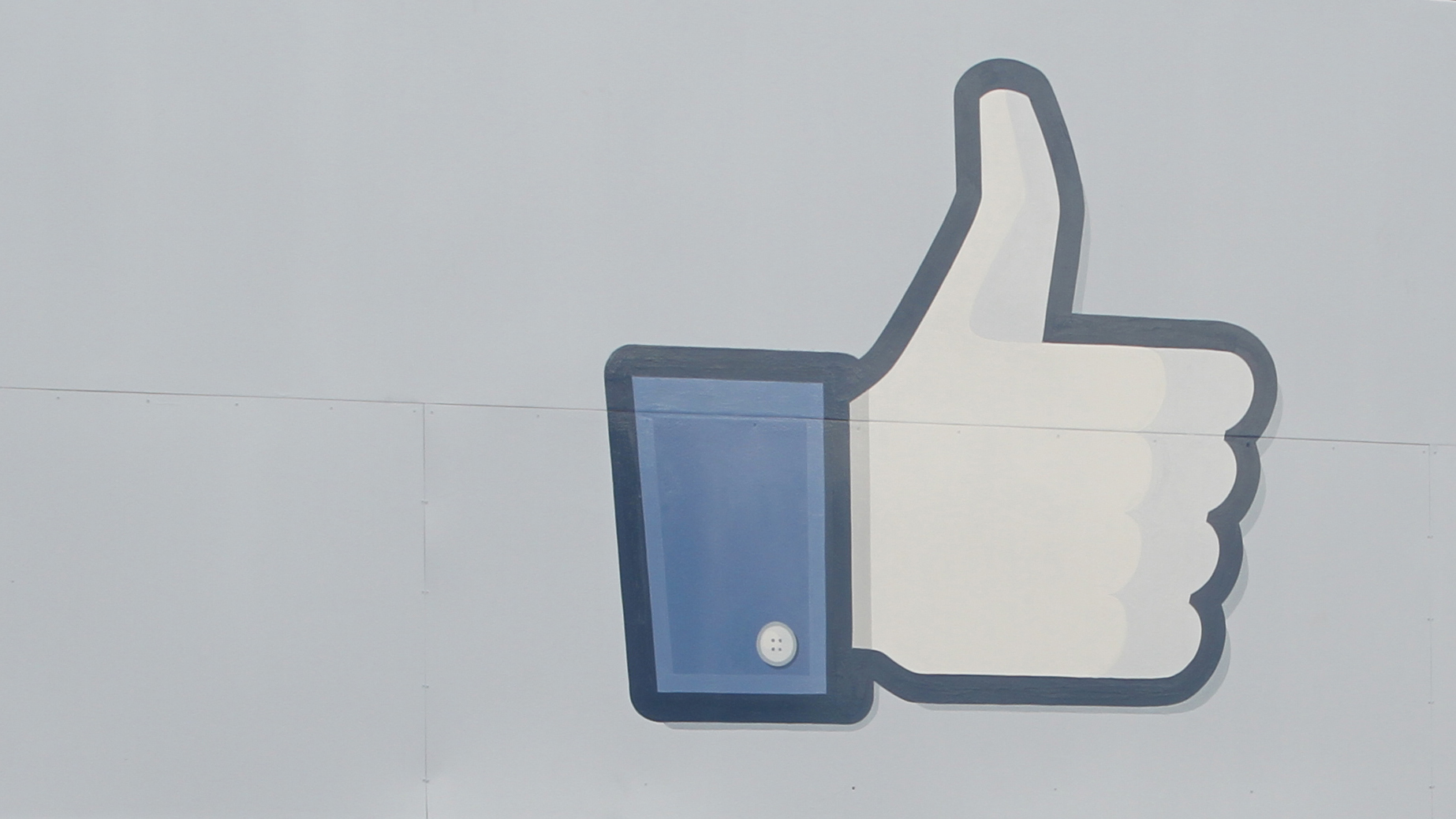'Likes' fall under free speech protections, Facebook says
Company defends fired Virginia sheriff

Are Facebook "likes" free speech? The company who propagated the term and is at the center of an unfair firing suit seems to think it is.
Facebook has come forward to defend a Virginia deputy sheriff who was fired for "liking" the Facebook page of his boss's political opponent.
A court ruled that "likes" are not protected speech, and therefore Daniel Ray Carter's termination was within the bounds of constitutional law.
But Facebook disagrees, and the social networking giant filed a briefing with the court in anticipation of Carter's upcoming appeal.
In the document, Facebook calls out Judge Raymond Jackson for having "a misunderstanding of the nature of the communication at issue."
Facebook and free speech
"Facebook, for itself and its Users, has a vital interest in ensuring that speech on Facebook and in other online communities is afforded the same constitutional protection as speech in newspapers, on television, and in the town square," the company wrote in the brief.
"If Carter had stood on a street corner and announced, 'I like Jim Adams for Hampton Sheriff,' there would be no dispute that his statement was constitutionally protected speech," the document continues.
Sign up for breaking news, reviews, opinion, top tech deals, and more.
It even calls "likes," "the 21st-century equivalent of a front-yard campaign sign."
Facebook's arguments are quite persuasive, and the experts at the American Civil Liberties Union (ACLU) have even released a statement applauding the California company for its stance.
What the ACLU's got to say
"The Supreme Court has made clear that the First Amendment protects everyone's right to express their thoughts and opinions in whatever form they choose to do so, whether it's speaking on a street corner, holding up a sign, or pressing a button on Facebook to say that you 'Like' something," the ACLU's Aden Fine said in a statement emailed to TechRadar.
"Facebook should be applauded for filing this brief to support the free speech rights of its users.
"Facebook has become a means of communication for tens of millions of Americans, and if basic activity on Facebook such as 'liking' were denied First Amendment protection, the free expression of ideas that the First Amendment is meant to safeguard would be severely limited."
Government vs. private employers
What makes this case different from others involving employees' speech?
"The big difference is that this is a government employer, and government cannot fire public employees based on their speech activities," ACLU Senior Staff Attorney Fine told TechRadar on the phone today.
Whereas "generally speaking, private companies are not bound by the First Amendment," he added.
So Pizza Hut employees shouldn't be tweeting their love of Domino's, but City Hall clerks should be free to support any candidate they want in any manner they choose, the ACLU contends.
As others have pointed out, the ultimate decision here could set a major precedent for emerging forms of speech, like Facebook "likes" and even Twitter re-tweets.
Given responses to the case so far, it seems Judge Jackson is in fact wrong, so let's hope Carter's appeal and the combined statements of Facebook and the ACLU can sway him.
Michael Rougeau is a former freelance news writer for TechRadar. Studying at Goldsmiths, University of London, and Northeastern University, Michael has bylines at Kotaku, 1UP, G4, Complex Magazine, Digital Trends, GamesRadar, GameSpot, IFC, Animal New York, @Gamer, Inside the Magic, Comic Book Resources, Zap2It, TabTimes, GameZone, Cheat Code Central, Gameshark, Gameranx, The Industry, Debonair Mag, Kombo, and others.
Micheal also spent time as the Games Editor for Playboy.com, and was the managing editor at GameSpot before becoming an Animal Care Manager for Wags and Walks.
